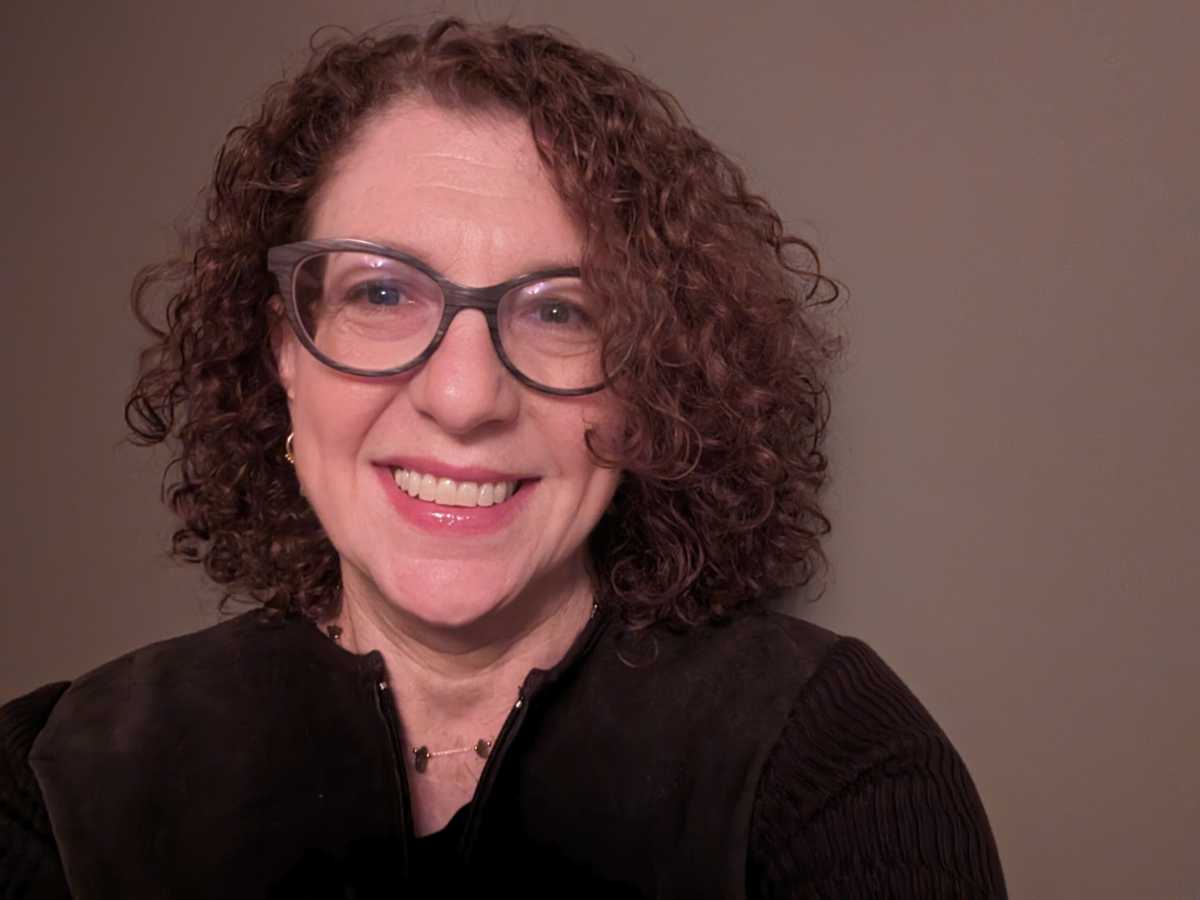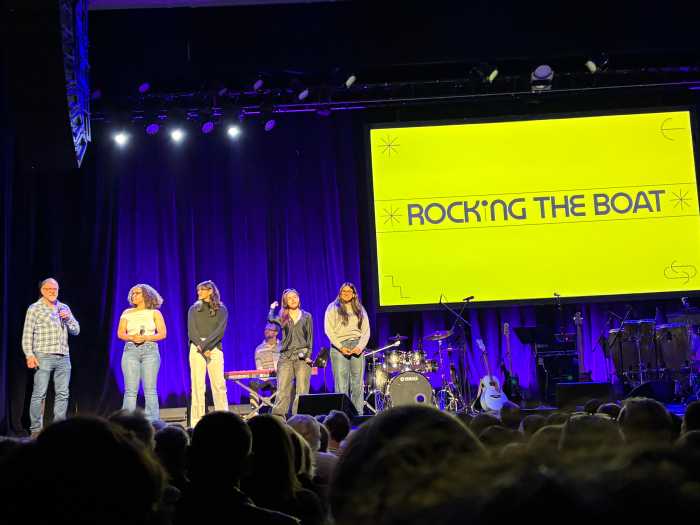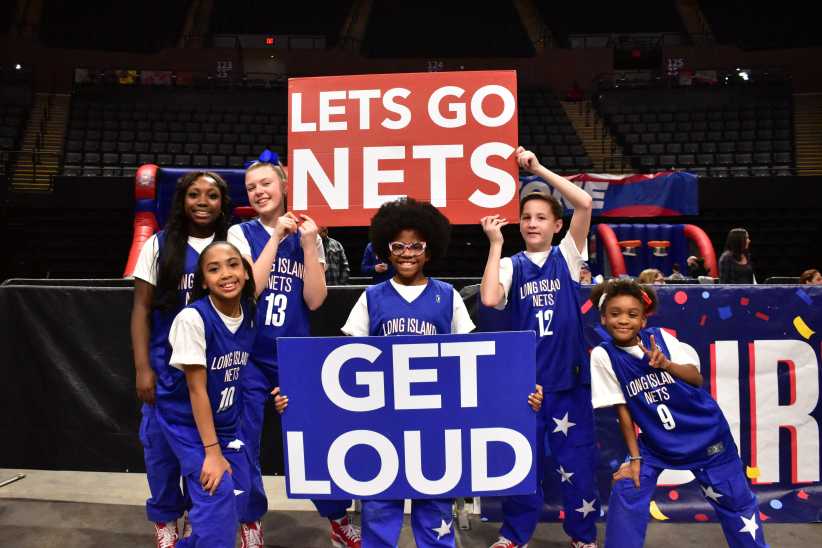The system for court-involved youth in New York City has improved significantly in recent years. New York City no longer holds young people charged with minor offenses — like turnstile jumping and shoplifting — in secure detention centers.
Additionally, young people who are charged with crimes before their 18th birthday are now held in age-appropriate youth settings rather than adult jail. As the youth justice system in New York City evolves, the NYC Administration for Children’s Services (ACS) is working to ensure that our facilities better meet the needs of the young adults in custody.
ACS manages the city’s two secure youth detention facilities: Crossroads Juvenile Center (Brooklyn) and Horizon Juvenile Center (the Bronx). Upon opening 25 years ago, they served youth who were, on average, 14 and 15 years old. The vast majority of those young people were remanded for less than 60 days on family court charges.
Things changed in 2018 when New York state raised the age of criminal responsibility, resulting in all but the most serious cases filed against 16- and 17-year-olds to be processed in family court. Raise the Age also required that 16- and 17-year-olds charged with felonies in Supreme Court and detained by court order are to be held in juvenile facilities instead of adult jails, and these young people can remain in ACS facilities until they turn 21 years of age.
Not only is it good news that young people are housed in age-appropriate settings, today, there is one-half the number of 16- and 17-year-olds in custody than there were in 2016, and one-third that of 2013. In January 2013, there were over 300 16-and 17-year-olds held on Rikers Island. In 2016, there were 200, and in 2018, there were 125. We now have just over one hundred 16- and 17-year-olds in custody. Much of this progress can be attributed to the historical investments New York City has made in community-based programs, which serve as effective alternatives to detention. Significantly, New York City’s juvenile detention population is smaller than other large American cities. Chicago, which is three times smaller than NYC, holds more than 65% of NYC’s secure census. Philadelphia, which is five times smaller than NYC, has almost the same number of young people in secure detention.
As a result of this older population of youth, and longer lengths of stay, it is of the utmost importance that we transform our detention centers to comprehensively meet their needs and capacity for growth and change. To better serve young people in detention, ACS is working to build an annex at Horizon Juvenile Center. The annex, which will be constructed within the current perimeter of Horizon, will include larger classrooms, including specialized arts/science classrooms and trade workshops to allow us to offer new, innovative vocational and programming; an industrial kitchen with an expanded serving area and additional dining halls; 8-bed residential units; another medical/mental health clinic; and improved spaces for outdoor recreation. Moreover, modern design will engender a developmentally appropriate, trauma-responsive environment that promotes wellness, healing and equity. These enhancements will help us meet the unique needs of the young adults in our care today.
Prior to serving as Deputy Commissioner of the Division for Youth and Family Justice, I spent thirty years as a lawyer advocating for the rights of young people and their families to improve the availability of services that foster individual and collective growth, opportunity and safety. The creation of age-appropriate physical spaces for young people in custody is the next step to realizing the rehabilitative goals of Raise the Age. The incorporation of improved design principles demonstrated to meet the mental health, educational and vocational needs of our young people will allow for a safer environment and will provide our young people with the tools they need to successfully return to their communities. The Horizon Annex will bring New York City one step closer in the development of a youth justice system that provides opportunity for our young people to thrive.
Nancy Ginsburg is deputy commissioner of the Administration for Children’s Services Division of Youth and Family Justice
























